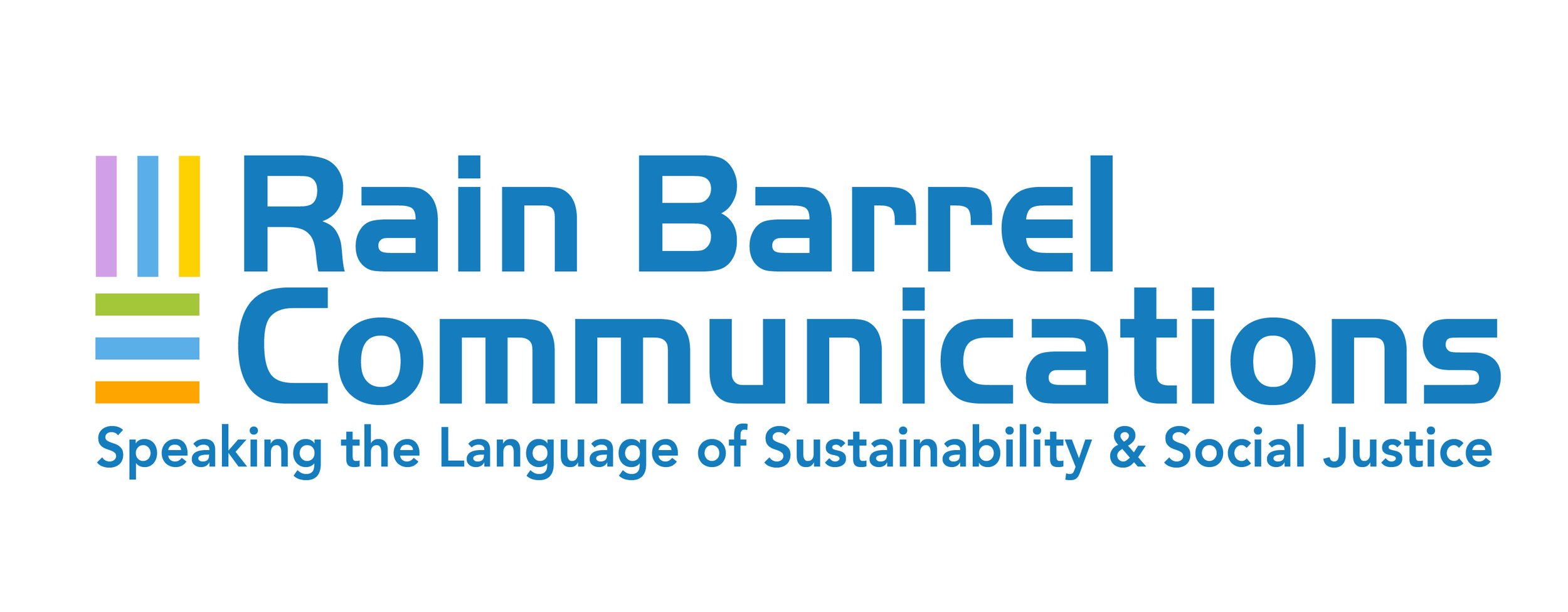The Leadership of Hugo Chávez
Robert and I are saddened by President Hugo Chávez’s untimely death. As long-time students of Latin America, we know the pitfalls of caudillismo and are wary of the rise of strongmen anywhere. Chávez was clearly part of this tradition, and the media, his critics and opponents have made it the dominant theme as they review his 14-year legacy as president of Venezuela.
We live in leaderless times. Those in power either fail to provide leadership or are unable to mobilize popular support for their vision. We criticize people with opportunities to make change — President Obama and Secretary-General Ban Ki-moon stand out for not exercising strong leadership — and moving a desperately needed progressive agenda forward.
For all his bombast and strong-arm tactics, the bottom line is that Hugo Chávez was a leader who made big, unprecedented changes that benefitted and generated huge support among the majority of Venezuelans. He also demonstrated remarkable solidarity with many of Venezuela’s neighbors that opened new opportunities for regional cooperation. These changes required charismatic and determined leadership to overcome deeply entrenched interests that have demonstrated little interest in opening pathways to democratic participation in all aspects of national life. Perhaps the true measure of his legacy will be the survival — or demise — of the grassroots organizations and economic reforms that have done so much to eradicate poverty in Venezuela.
We were struck by the Carter Center’s statement upon Chávez’s death. In keeping with Jimmy Carter’s ongoing support for human rights, good governance and dialogue, his statement emphasizes the positive aspects of Chávez’s accomplishments despite Chávez’s relentless challenges to US policies regionally and internationally.
The texts in English and Spanish are as follows:
Statement by Former U.S. President Jimmy Carter
on the Death of Hugo Chávez
Rosalynn and I extend our condolences to the family of Hugo Chávez Frías. We met Hugo Chávez when he was campaigning for president in 1998 and The Carter Center was invited to observe elections for the first time in Venezuela. We returned often, for the 2000 elections, and then to facilitate dialogue during the political conflict of 2002-2004. We came to know a man who expressed a vision to bring profound changes to his country to benefit especially those people who had felt neglected and marginalized. Although we have not agreed with all of the methods followed by his government, we have never doubted Hugo Chávez’s commitment to improving the lives of millions of his fellow countrymen.
President Chávez will be remembered for his bold assertion of autonomy and independence for Latin American governments and for his formidable communication skills and personal connection with supporters in his country and abroad to whom he gave hope and empowerment. During his 14-year tenure, Chávez joined other leaders in Latin America and the Caribbean to create new forms of integration. Venezuelan poverty rates were cut in half, and millions received identification documents for the first time allowing them to participate more effectively in their country’s economic and political life.
At the same time, we recognize the divisions created in the drive towards change in Venezuela and the need for national healing. We hope that as Venezuelans mourn the passing of President Chávez and recall his positive legacies — especially the gains made for the poor and vulnerable — the political leaders will move the country forward by building a new consensus that ensures equal opportunities for all Venezuelans to participate in every aspect of national life.
#####
Declaración del ex-presidente de los Estados Unidos Jimmy Carter
sobre la muerte de Hugo Chávez
Rosalynn y yo expresamos nuestras condolencias a la familia de Hugo Chávez Frías. Conocimos a Hugo Chávez durante la campaña presidencial de 1998 cuando el Centro Carter fue invitado, por primera vez, a observar las elecciones en Venezuela. Desde entonces, hemos regresado con frecuencia, primero para las elecciones de 2000 y luego para facilitar el diálogo durante el período de conflicto político entre los años 2002 y 2004. Conocimos entonces a un hombre que expresaba una visión de profundo cambio en su país para favorecer a aquellos sectores que se sentían ignorados o marginados. Si bien no siempre hemos coincidido con los métodos seguidos por su gobierno, nunca hemos dudado del compromiso de Hugo Chávez para mejorar las vidas de millones de sus compatriotas.
El presidente Chávez será recordado por su audaz defensa de la autonomía e independencia de los gobiernos de América Latina, así como por sus extraordinarias habilidades de comunicación y su capacidad para establecer una estrecha relación con sus seguidores en el país y en el extranjero, a quienes transmitió esperanza y empoderamiento. Durante sus 14 años en la presidencia, Chávez se unió a otros líderes de América Latina y el Caribe para establecer nuevas formas de integración. La tasa de pobreza en Venezuela se redujo dramáticamente y millones de venezolanos recibieron documentos de identidad por primera vez en sus vidas, lo que les permitió participar más efectivamente en la vida política y económica de su país.
Al mismo tiempo, reconocemos las divisiones producidas en este proceso de cambio y la necesidad de promover un proceso de reconciliación nacional. Esperamos que mientras los venezolanos lamentan el fallecimiento del presidente Chávez y recuerdan su legado positivo -especialmente el vinculado a los avances en favor de los pobres y vulnerables-, los líderes políticos encaminen el país hacia adelante, impulsando la construcción de un nuevo consenso que asegure iguales oportunidades para todos los venezolanos para participar en todos los aspectos de la vida nacional.
